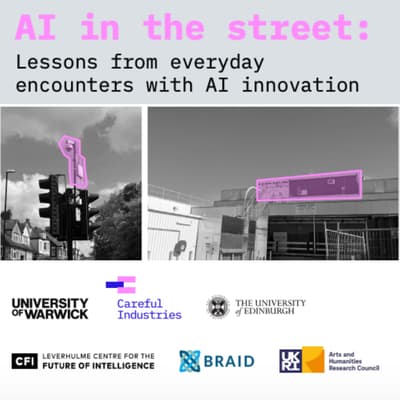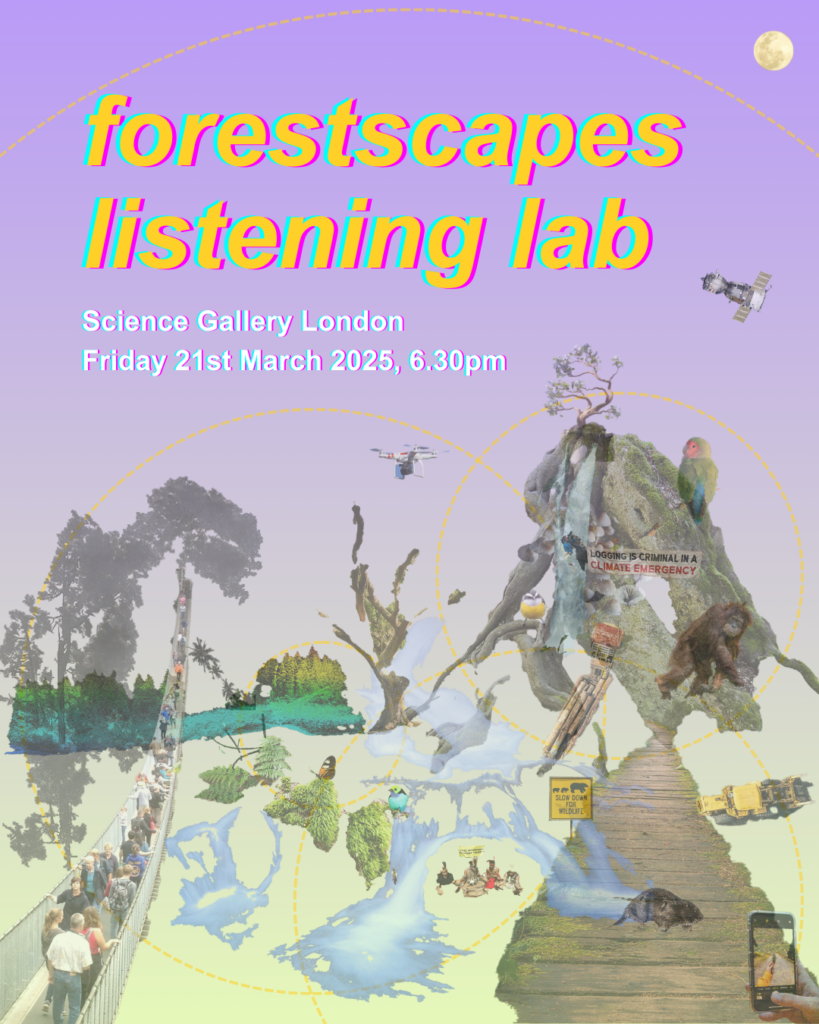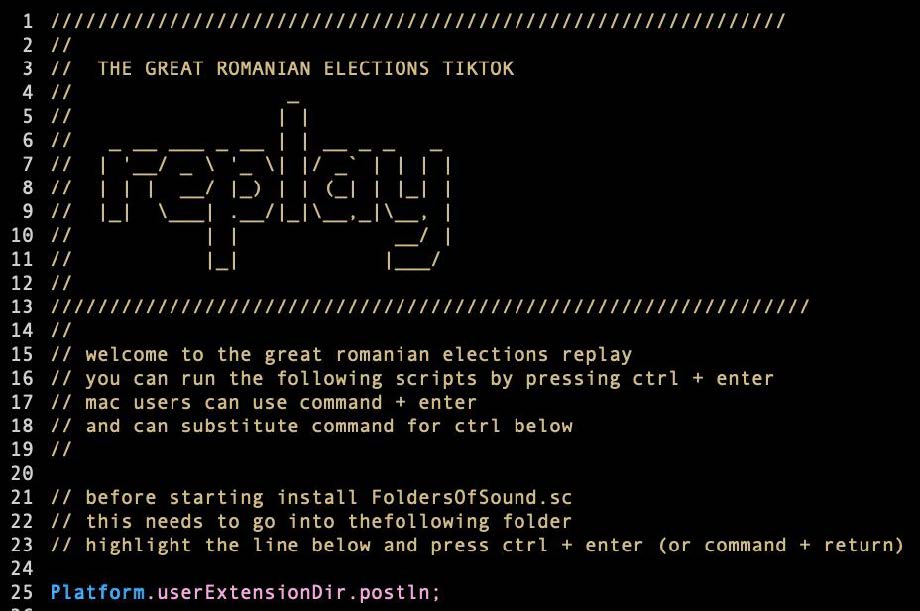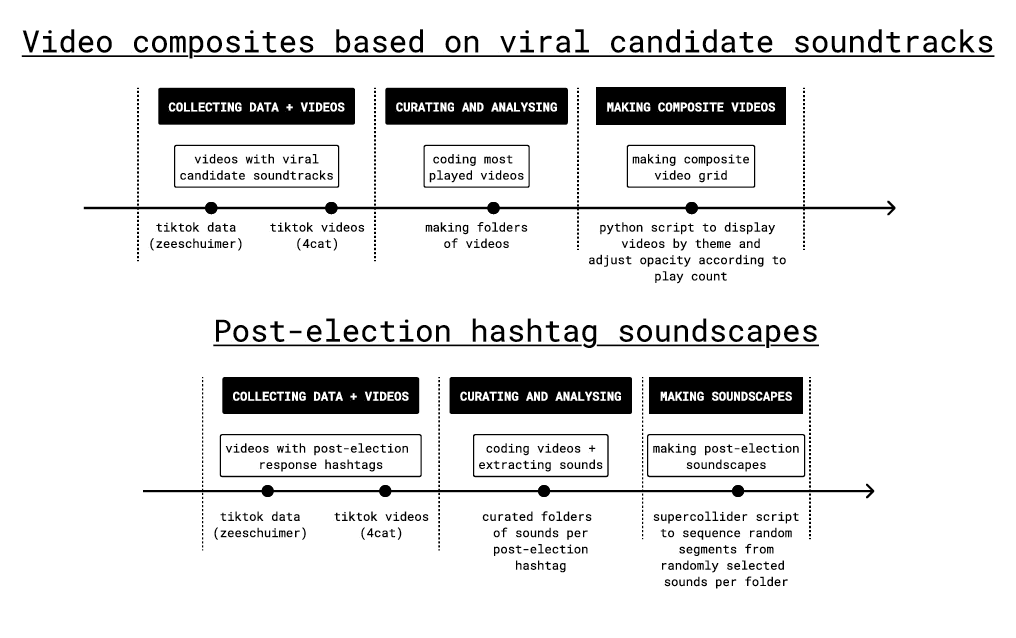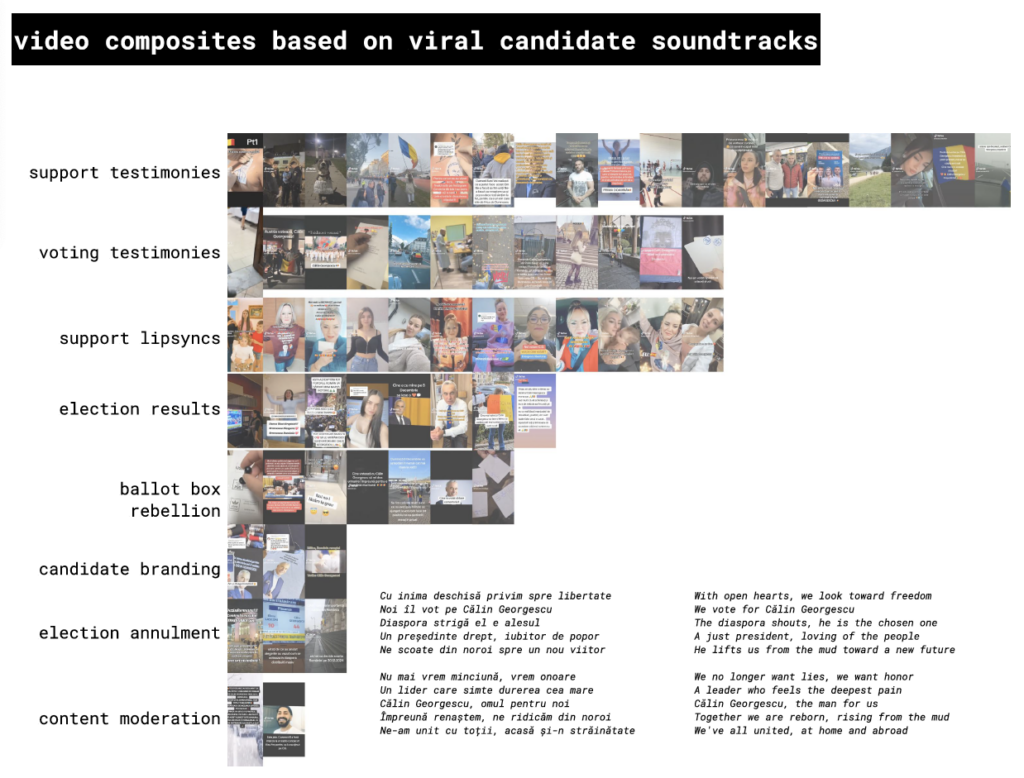We are proud to announce the publication of a special issue for the Sociologica journal, where we take an early stock of the ways in which social scientists have begun to play with so-called “generative artificial intelligence” as both research instruments and research objects.
Because the encounter between AI and social science is still very new, the special issue aims at breadth rather than depth, and hopes to highlight the diversity of the experiments that researchers have been running since the launch of popular chatbots such as ChatGPT or Stable Diffusion. At the same time, it also takes a specific stance inspired by the digital methods approach (Pilati, Munk & Venturini, 2024), its effort to overcome the quali-quantitative divide and its focus on digitally native methods.
The contributions to the special issue investigate how AI — initially developed for tasks like natural language processing and image generation — is being repurposed to meet the specific demands of social inquiry. This involves not only augmenting existing research methods, but also fostering new, digitally native and quali-quantitative techniques.
In his contribution, Gabriele de Seta (2024) introduces the concept of synthetic probes as a qualitative approach to explore the latent space of generative AI models. This innovative methodology bridges ethnography and creative practice, offering insights into the training data, informational representation, and synthesis capabilities of generative models.
In their contribution, Jacomy & Borra (2024) provide a critical examination of LLMs’ limitations and misconceptions, particularly focusing on their knowledge and self-knowledge capabilities. Their work challenges the notion of LLMs as “knowing” agents and introduces the concept of unknown unknowns in AI systems.
Studying model outputs can also focus on validation. Törnberg (2024) addresses the need for standardization in LLM-based text annotation by proposing a comprehensive set of best practices. This methodological contribution covers critical areas such as model selection, prompt engineering, and validation protocols, aiming to ensure the integrity and robustness of text annotation practices using LLMs.
Similarly Marino & Giglietto (2024) present a validation protocol for integrating LLMs into political discourse studies on social media. Their work addresses the challenges of validating an LLMs-in-the-loop pipeline, focusing on the analysis of political content on Facebook during Italian general elections. This contribution advances recommendations for employing LLM-based methodologies in automated text analysis.
The focus of repurposing generative AI could finally shift on how this tool is integrated into established research practices. Omena et al. (2024) thus introduce the AI Methodology Map, a framework for exploring generative AI applications in digital methods-led research. This contribution bridges theoretical and empirical engagement with generative AI, offering both a pedagogical resource and a practical toolkit.
Rossi et al. (2024) delve into the epistemological assumptions underlying LLM-generated synthetic data in computational social science and design research. Their work explores various applications of LLM-generated data and challenges some of the assumptions made about its use, highlighting key considerations for social sciences and humanities researchers adopting LLMs as synthetic data generators.
All of these approaches go beyond mere criticism of AI, and recognize that AI can have an astonishing broad range of useful research applications provided that social sciences learn to understand their perspectives and biases and actively shape and repurpose these technologies for their research needs.
de Seta, G. (2024). Synthetic Probes: A Qualitative Experiment in Latent Space Exploration. Sociologica, 18(2), 9–23. https://doi.org/10.6092/issn.1971-8853/19512
Jacomy, M., & Borra, E. (2024). Measuring LLM Self-consistency: Unknown Unknowns in Knowing Machines. Sociologica, 18(2), 25–65. https://doi.org/10.6092/issn.1971-8853/19488
Marino, G., & Giglietto, F. (2024). Integrating Large Language Models in Political Discourse Studies on Social Media: Challenges of Validating an LLMs-in-the-loop Pipeline. Sociologica, 18(2), 87–107. https://doi.org/10.6092/issn.1971-8853/19524
Omena, J.J. (2024). AI Methodology Map. Practical and Theoretical Approach to Engage with GenAI for Digital Methods-led Research. Sociologica, 18(2), 109–144. https://doi.org/10.6092/issn.1971-8853/19566
Pilati, F., Munk. A.K., & Venturini, T. (2024). Generative AI for Social Research: Going Native with Artificial Intelligence. Sociologica, 18(2), 1–8.
Rossi, L., Shklovski, I., & Harrison, K. (2024). Applications of LLM-generated Data in Social Science Research. Sociologica, 18(2), 145–168. https://doi.org/10.6092/issn.1971-8853/19576
Törnberg, P. (2024). Best Practices for Text Annotation with Large Language Models. Sociologica, 18(2), 67–85. https://doi.org/10.6092/issn.1971-8853/19461
